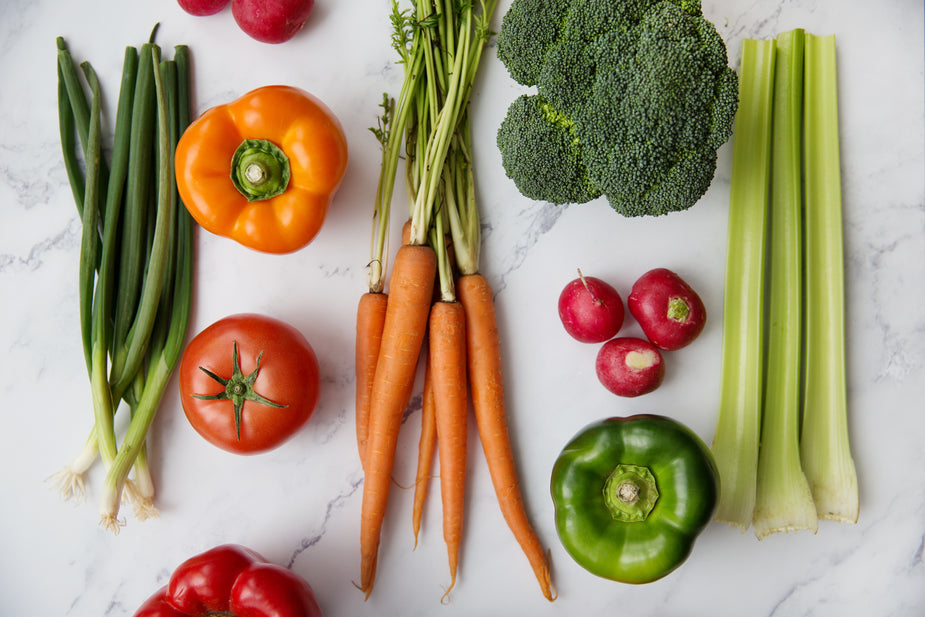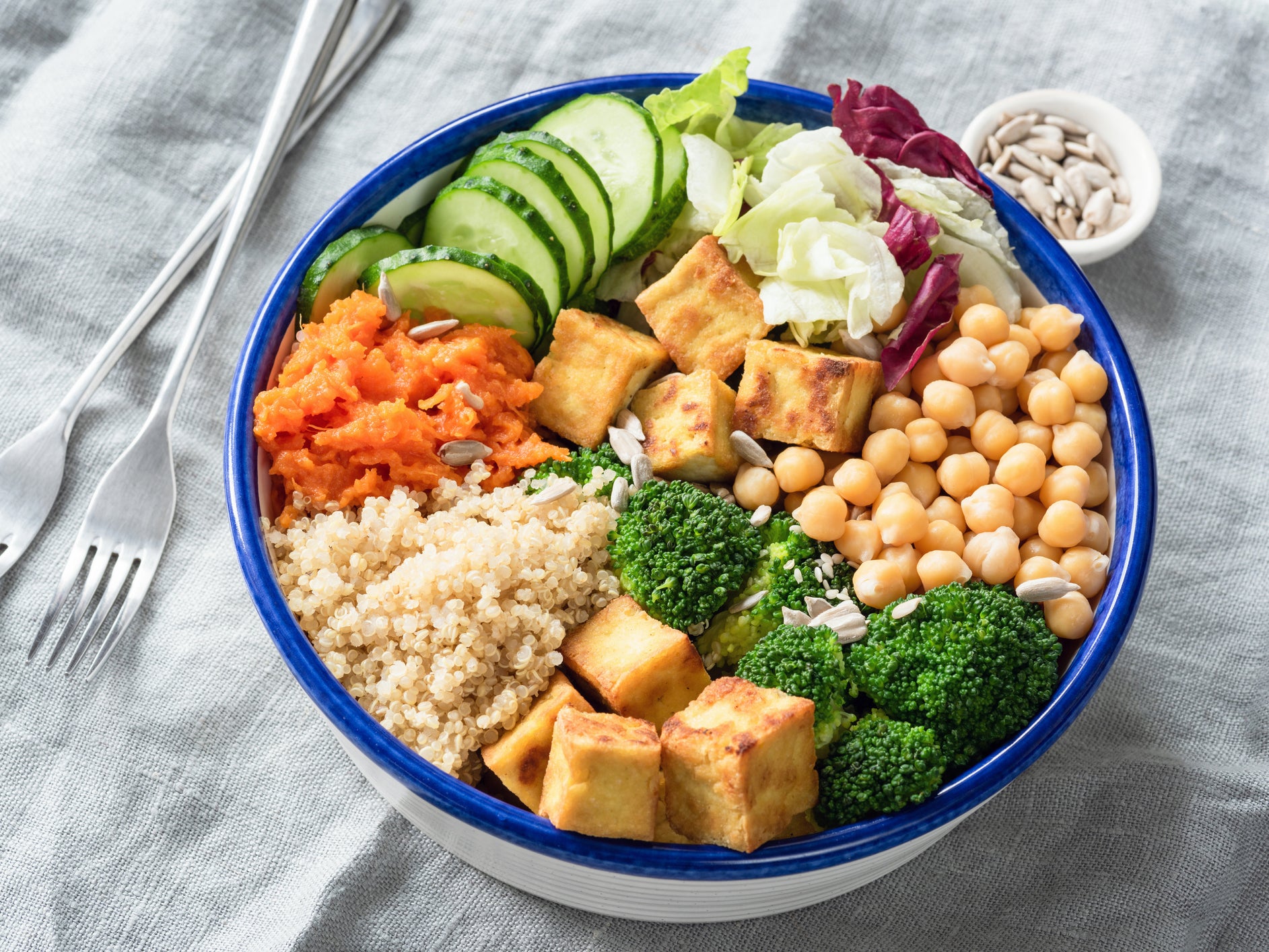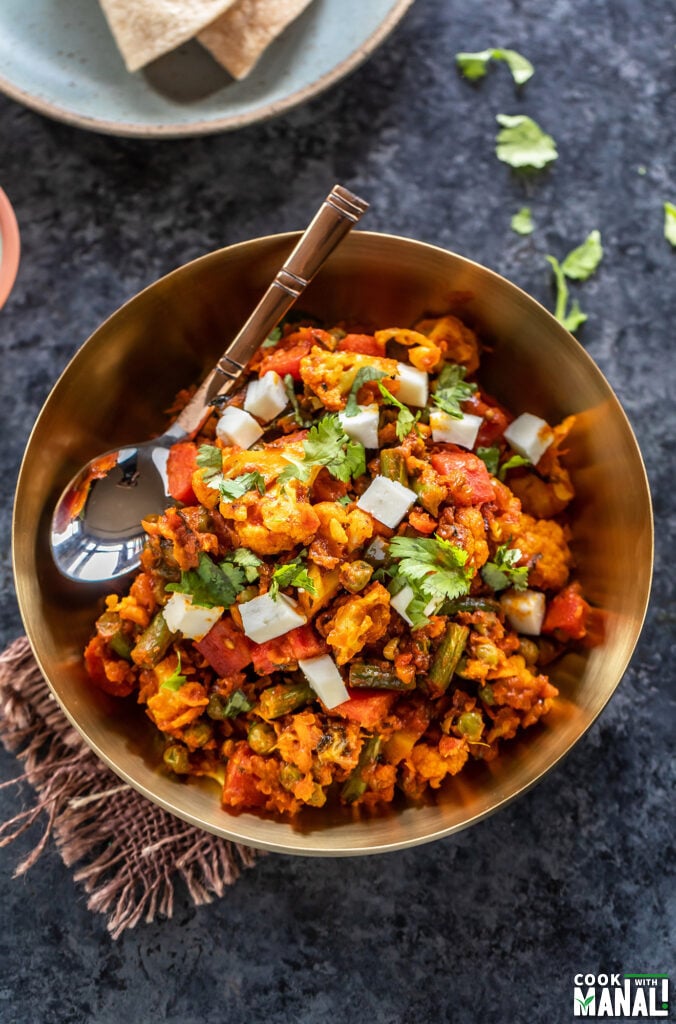🤖 AI-Generated Content
This content has been created using artificial intelligence. While we strive for accuracy, please verify important information independently.
There's something truly special about stories that make you think about what you eat, or perhaps, what others eat. These are the "veg movies," a collection of films and shows that bring plant-based living, food choices, and the wider world of our plates into sharp focus. They offer a window into different ways of seeing food, often sparking conversations that go beyond just dinner plans. You know, these pictures can really get you pondering things you might not have considered before, which is pretty cool.
These kinds of films aren't always about telling you what to do, which is nice. Instead, they often just lay out information or tell a tale, letting you make your own connections. Some show the journey of food from farm to table, while others might explore the health side of things or even the ethical questions around what we choose to consume. It's about opening up ideas, letting different viewpoints be heard, and, you know, seeing things from another angle.
So, whether you are already someone who enjoys plant-based meals, or you're just curious about how food shapes our world, these "veg movies" offer a really interesting way to spend some time. They can be eye-opening, sometimes challenging, but always, in some respects, thought-provoking. They give us a chance to consider our daily choices in a bigger picture, and that's a valuable thing.
- Aditi Mistry Nipples
- The Corner Store
- Piper Rockelle Ai Nudes
- Nova Patra Video
- Kalogera Sisters House Location
Table of Contents
- What Makes a Movie a "Veg Movie"?
- How Do "Veg Movies" Influence Our Food Choices?
- The Different Flavors of "Veg Movies"
- Do "Veg Movies" Only Focus on Diet?
- Telling Stories About Plant-Based Living
- The Personal Connection to "Veg Movies"
- Beyond the Screen: The Talk Around "Veg Movies"
- What Comes Next for "Veg Movies"?
What Makes a Movie a "Veg Movie"?
You might wonder what exactly makes a film fit into this category of "veg movies." Well, it's not just about showing someone eating a salad, you know? It runs a bit deeper than that. These are films that, at their heart, bring up conversations about plant-based ways of living, food systems, or even the animals involved in our food chain. They might explore the reasons why people choose to eat a certain way, or the effects of those choices on health, the planet, or others. It's pretty broad, actually, covering a lot of ground.
A "veg movie" could be a powerful story that follows someone's personal switch to a plant-focused diet, showing the ups and downs and what they learned along the way. Or, it might be a film that looks at how food gets from the farm to your plate, highlighting parts of that process you might not usually see. It's about shedding light on things, making you think, and perhaps, just perhaps, seeing your next meal in a slightly different light. They often aim to inform, to share information, rather than to preach, which is a key part of their appeal, so to speak.
The core idea behind these "veg movies" is to get people talking and thinking about their connection to food. They don't always push a specific agenda, but rather, they open up a space for discussion. They can show you the science behind nutrition, the impact of food production on our planet, or the ethical considerations some people hold. It's about presenting different sides of a big, complex topic, and allowing the viewer to sort of, you know, come to their own conclusions. That's a very important part of how they work, in a way.
- Judy Blooms Instagram Age
- Aagmaal Gives
- Wasmo Somali Channel
- Hannah Waddingham Nude
- Teach Me First Honeytoon Free
How Do "Veg Movies" Influence Our Food Choices?
It's interesting to consider how watching "veg movies" might change what ends up on your plate. For many, these films act as a kind of wake-up call, presenting facts or stories that simply hadn't crossed their minds before. You see, when you watch a documentary that lays out the health benefits of eating more plants, or the environmental impact of certain farming methods, it can really stick with you. It's not about being told what to do, but rather about gaining new information that helps you make more informed decisions, which is actually quite empowering.
Some people might start by trying one plant-based meal a week, just to see how it feels. Others might go further, cutting out certain foods after seeing the consequences depicted on screen. The influence isn't always immediate or total; sometimes it's a gradual shift in thinking. These "veg movies" often plant a seed, if you will, that grows over time. It's like, you know, a slow realization that something needs to change, or at least be considered more carefully.
The stories told in these films often create an emotional connection, too. When you see the personal stories of people who have changed their lives through food, or the challenges faced by farmers working to grow food in a more sustainable way, it can move you. This emotional connection can be a strong motivator, perhaps even stronger than just facts alone. It gets you thinking about the bigger picture, and how your personal choices fit into it, very much so. That's a big part of their appeal, actually.
The Different Flavors of "Veg Movies"
Just like there are many kinds of meals, there are also many kinds of "veg movies," each with its own particular taste and message. You've got your hard-hitting documentaries, for instance, which dig deep into the science of nutrition or the inner workings of the food system. These are the ones that often present a lot of data and expert opinions, aiming to give you a very thorough picture of things. They can be quite intense, but also incredibly informative, you know, giving you a lot to chew on.
Then there are the more personal stories, which follow individuals or families as they adopt a plant-based way of life. These films often focus on the human experience, showing the challenges and triumphs that come with making such a significant change. They can be very relatable and inspiring, making the whole idea of plant-focused eating feel much more achievable. It's like seeing someone just like you making a positive change, and that can be a powerful thing, pretty much.
You also find films that are more about the joy of cooking and eating plant-based foods. These might be cooking shows or lifestyle programs that celebrate delicious recipes and the creativity involved in preparing meals without animal products. They show that eating "veg" is far from boring; in fact, it can be incredibly flavorful and exciting. These are the "veg movies" that make your mouth water and encourage you to get into the kitchen, which is kind of fun.
Do "Veg Movies" Only Focus on Diet?
It's a fair question to ask if "veg movies" are solely about what you eat. And the answer, really, is no, not entirely. While food choices are certainly a central theme, these films often branch out into much broader topics. They might touch upon environmental concerns, like how food production impacts climate patterns or water resources. They could also explore ethical considerations, looking at the way animals are treated in different farming settings. So, you know, it's a much wider conversation than just what's on your plate.
Some "veg movies" delve into the social aspects of food, examining how access to healthy food affects different communities. They might highlight food deserts, or the efforts of community gardens to bring fresh produce to areas that lack it. This shows that food is deeply connected to social justice and fairness, which is a really important point. It's about seeing the bigger picture, in some respects, and how food connects to nearly everything around us.
Others might focus on the historical or cultural significance of plant-based eating in different societies around the world. They show that eating mostly plants is not a new idea, but something that has been a part of human culture for a very long time, for many different reasons. This helps put modern discussions about "veg movies" and food choices into a much larger context, which is pretty fascinating, if you ask me. It gives a sense of continuity, you know, through time.
Telling Stories About Plant-Based Living
The way "veg movies" tell their stories is really quite varied, which keeps things interesting. Some use a very direct, fact-based approach, presenting research and expert interviews to build a strong case for plant-focused eating. These films often aim to educate and inform, giving viewers a solid foundation of knowledge to think about. They are, you know, very much about the data and the findings, which can be quite compelling for some people.
Other films might take a more narrative route, following the personal story of an individual or a group as they navigate a shift to plant-based living. These stories often bring out the human side of the experience, showing the struggles, the joys, and the unexpected discoveries along the way. They make the topic feel more relatable and less like a dry lecture, which is often what helps people connect with the message, so to speak.
Then there are the more artistic or experimental "veg movies" that use visuals and sound to create an emotional impact, sometimes without a lot of talking. These films might focus on the beauty of nature, the simplicity of growing food, or the interconnectedness of all living things. They aim to evoke a feeling or a sense of wonder, rather than just delivering facts. It's a different way of getting the message across, very much so, appealing to a different part of us, you know.
The Personal Connection to "Veg Movies"
For many people, watching "veg movies" creates a very personal connection. It's not just about the information presented; it's about how that information resonates with their own lives, their own health, or their own values. You see, someone might have been struggling with health issues and finds inspiration in a film that shows how food changes helped others. Or, they might feel a deep concern for the environment and find a film that speaks to that concern, which is pretty powerful.
These films can sometimes spark a moment of clarity, a feeling that something just clicks into place. It's like, you know, you've been thinking about something for a while, and then a movie comes along and puts it all together for you. This personal revelation can be a strong motivator for making changes in one's own life, whether it's trying a new recipe or thinking more carefully about where their food comes from. It's a very individual experience, really.
The conversations that come after watching "veg movies" are also a big part of this personal connection. Talking with friends or family about what you saw, sharing thoughts and feelings, can deepen the impact of the film. It moves the ideas from the screen into your everyday life, making them more real and tangible. This shared experience of discussion is a very important part of how these films work their magic, so to speak, building a kind of community around the ideas they present.
Beyond the Screen: The Talk Around "Veg Movies"
The influence of "veg movies" doesn't stop when the credits roll. Actually, a huge part of their impact comes from the discussions they start afterwards. People talk about these films online, in social gatherings, and even at the dinner table. These conversations can range from debating the science presented to sharing personal stories of how the films have affected their own food choices. It's a very active kind of engagement, you know, that keeps the ideas alive.
These discussions often help to spread the messages of the "veg movies" even further. Someone might watch a film, get really excited about it, and then tell all their friends, who then might watch it too. This creates a kind of ripple effect, bringing more people into the conversation about plant-based living and food systems. It's like a chain reaction of curiosity and learning, which is pretty neat to see happen, actually.
Sometimes, these conversations even lead to real-world actions. People might organize community screenings, start cooking groups, or even get involved in local food initiatives, all inspired by what they saw in a "veg movie." It shows that these films are not just entertainment; they can be a catalyst for change, bringing people together around shared interests and concerns. That's a very powerful thing, in a way, to inspire such collective movement.
What Comes Next for "Veg Movies"?
Looking ahead, it seems like "veg movies" are likely to keep growing in number and in the different kinds of stories they tell. As more people become interested in plant-based eating and the wider issues around food, there will be a continued desire for films that explore these topics. Filmmakers will probably find new and creative ways to present information, making these stories even more engaging and accessible to a broader audience. It's a constantly developing area, you know, with lots of room for fresh ideas.
We might see more fictional stories that feature plant-based themes, rather than just documentaries. This could mean dramas where characters make food choices that reflect these ideas, or comedies that playfully explore the ins and outs of a plant-focused lifestyle. This kind of storytelling can reach people who might not typically watch a documentary, bringing these important conversations to new viewers in a very natural way. It's a pretty exciting prospect, actually, to see how these narratives unfold.
There's also a good chance that "veg movies" will continue to push the boundaries of what's possible, exploring even more nuanced aspects of food, culture, and our connection to the natural world. They might look at the future of food technology, or the role of traditional plant-based diets in different cultures. The possibilities are, you know, quite vast, allowing for a rich and varied collection of films that keep us thinking and talking about what we eat and why. These stories will keep coming, keeping the conversation going.
Additional Resources
Visual Content



Disclaimer: This content was generated using AI technology. While every effort has been made to ensure accuracy, we recommend consulting multiple sources for critical decisions or research purposes.
